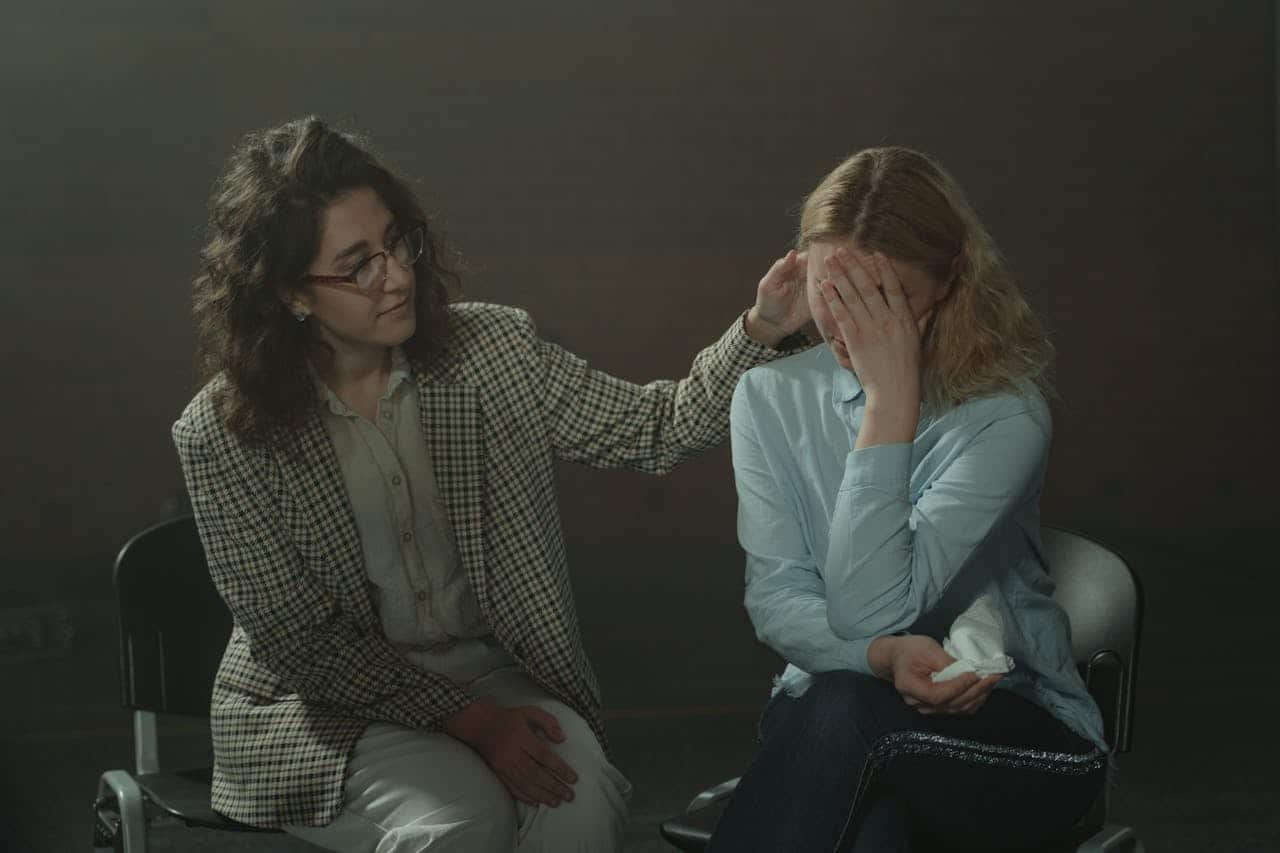











The United States faces a significant mental health crisis, marked by a growing demand for services that outpaces the availability of qualified professionals. This gap is particularly acute in underserved communities—including rural areas, low-income urban neighborhoods, and regions with large minority populations—where barriers like geographic distance, cost, provider shortages, and stigma create formidable obstacles to receiving essential care (A Closer Look at the Mental Health Provider Shortage, n.d.). Amidst this challenge, Psychiatric Mental Health Nurse Practitioners (PMHNPs) are emerging as crucial figures, uniquely equipped to bridge this divide and expand access to vital mental health services.

PMHNPs are advanced practice registered nurses (APRNs) with specialized graduate-level education and training in psychiatric and mental health care. Their scope of practice is comprehensive, encompassing the assessment, diagnosis, and treatment of mental health and substance use disorders across the lifespan. PMHNPs provide therapy (individual, group, and family), manage medications, and educate patients and families, often employing a holistic, patient-centered approach rooted in nursing principles. They consider the interconnectedness of physical, mental, emotional, and social factors influencing a patient’s well-being, making them adept at managing complex co-occurring conditions.
One of the most significant hurdles in underserved areas is the sheer lack of mental health providers. Rural counties, in particular, suffer from severe shortages; studies indicate that a large percentage lack even a single practicing psychiatrist (Morales et al., 2020). PMHNPs are helping to fill this void. They are often more likely than psychiatrists to practice in rural and underserved settings, increasing the availability of specialized mental health care where it’s needed most.
Cost is another major impediment to accessing mental health care. PMHNPs can offer a more cost-effective solution. Their services, while comprehensive and high-quality, often come at a lower cost compared to psychiatrists, potentially reducing overall healthcare expenditures through decreased hospitalizations and emergency room visits.
PMHNPs also play a key role in reducing the stigma associated with seeking mental health treatment. By integrating behavioral health services into primary care settings, PMHNPs help normalize mental health care as a standard part of overall health. Working alongside primary care providers, they can identify mental health needs early, offer consultations, manage treatments, and coordinate care seamlessly.
The effectiveness of PMHNPs stems from their rigorous, specialized training. Earning a Master of Science in Nursing (MSN) or a Doctor of Nursing Practice (DNP) with a PMHNP specialization equips these nurses with advanced knowledge in neurobiology, psychopharmacology, psychopathology, and various therapeutic modalities. This education emphasizes evidence-based practice, cultural competence, and a holistic understanding of patient needs. The increasing availability and flexibility of online MSN PMHNP programs are crucial in expanding the pipeline of qualified practitioners. These programs allow registered nurses to pursue advanced education while often continuing to work, thereby accelerating the growth of the PMHNP workforce ready to serve diverse populations, including those in underserved areas.
PMHNPs excel in collaborative environments. They work closely with physicians, psychologists, social workers, case managers, and other healthcare professionals within integrated behavioral health (IBH) models. These models, such as the Collaborative Care Model (CoCM), emphasize team-based care to address physical, mental, and substance use disorders concurrently, often within primary care settings (Learn About the Collaborative Care Model, n.d.). PMHNPs frequently serve as key members or even leaders of these teams, acting as psychiatric consultants, providing direct care, educating primary care staff, and coordinating services to ensure comprehensive, whole-person care.
Despite their proven value, PMHNPs face challenges, including restrictive scope-of-practice laws in some states that require physician supervision or collaboration. These regulations can limit their ability to practice to the full extent of their education and training, hindering access to care. Advocacy efforts are underway to promote full practice authority for PMHNPs nationwide, allowing them to practice independently. As of late 2024/early 2025, around 27-30 states and territories grant full practice authority, enabling PMHNPs to maximize their impact, particularly in areas lacking physician oversight (Full Practice Authority for Nurse Practitioners by State, n.d.). Continued policy reform, alongside support for education and telehealth infrastructure, is essential to fully leverage the potential of the PMHNP workforce.
Psychiatric Mental Health Nurse Practitioners are indispensable assets in the effort to improve mental health care access and equity in underserved communities. Through their specialized skills, holistic approach, adaptability to diverse settings, including telehealth, and ability to work collaboratively within integrated care models, PMHNPs are effectively breaking down long-standing barriers. By expanding the workforce, reducing costs, combating stigma, and reaching geographically isolated populations, they are not just filling gaps—they are actively reshaping the landscape of mental health care, bringing essential services and hope to those who need it most.
Sources